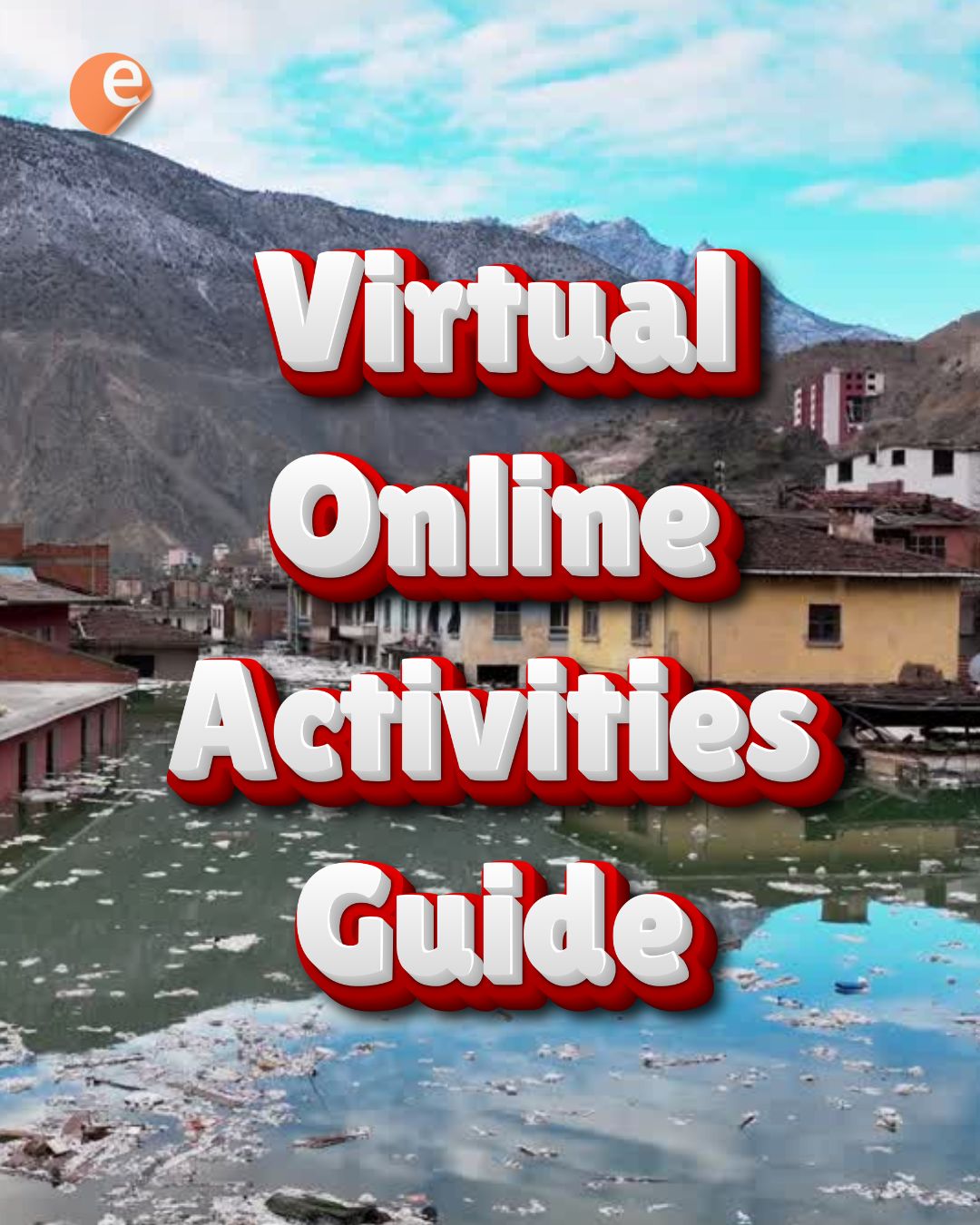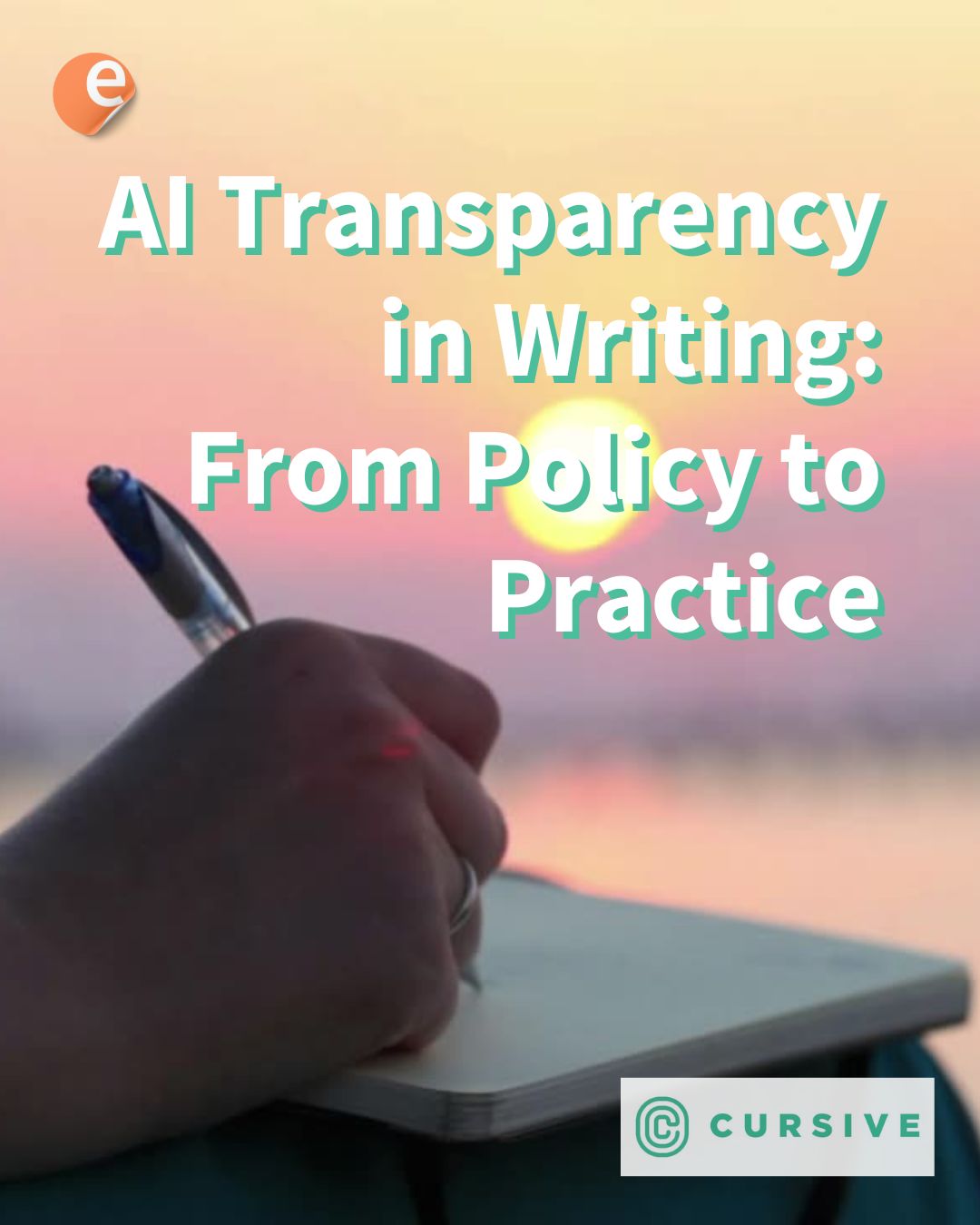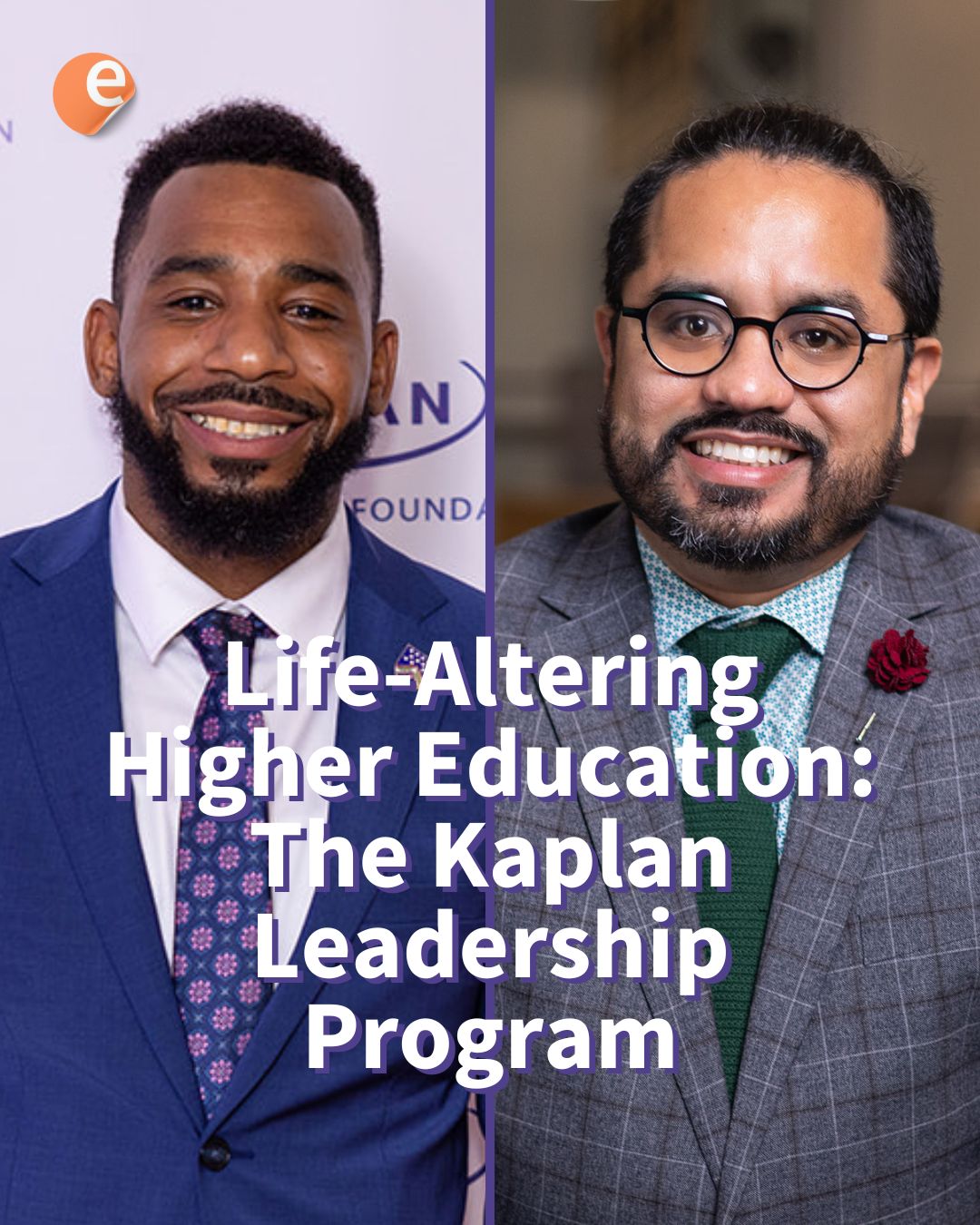They were transitioning times for Open LMS —formerly Blackboard Open LMS— when the company announced the move from its Reston, Virginia parent to a new home under the encompassing roof of London-based Learning Technologies Group (LTG). Then, in a matter of days, the pandemic struck, bringing along drastic global lockdowns, school closures, then a sweeping and unforeseen switch to online learning and virtual classrooms around the world. But there is one thing that has not changed in Open LMS for a long time, one that is arguably the most needed in times like these: Leadership.
Phillip Miller, Chief Learning and Innovation Officer at Blackboard, now Open LMS Managing Director, is no stranger to unprecedented surges in customer demands, or conditions of dire uncertainty. After the series of acquisitions that created Moodlerooms, he managed to ride every wave, each time ending up in front of a team better capable of delivering on technical quality and service than before. The present is a unique challenge for Miller, as it is for everyone else. But his experience, his unyielding concern for his users, and his composure against adversity, make the decisions of the formidable open source EdTech company worth following up.
Miller spoke with LMSPulse from his remote desk in Indianapolis, on separate occasions during the last week of March.
Below are Miller responses, lightly edited.
Volatile timing
I think “leadership” is the right word, and that’s what is needed here. Schools are taking reasonable measures to manage this crisis, and it’s leading to unprecedented growth in online learning. But the uncertainty and anxiety they’re likely to face means they need the reassurance that can only come through the right mix of technology, data and information, properly in the hands of school leaders.
Going forward, every university, educational institution and even companies with training programs, sooner or later will start reviewing their contingency plans, and thinking about how to manage these types of scenarios if they ever happen again.
Blackboard, LTG, and also Open LMS are all well positioned for this transition. We have amazing teams who love and understand Moodle, and I’m delighted to be counting on them in Open LMS as well. A partner like Open LMS, with the SaaS skills and the financial support of LTG, is specially well positioned to help in these circumstances.
Aligning 4 open LMS cultures
Open LMS is the combination of 4 different companies: Moodlerooms, NetSpot, Nivel Siete and the UK division of Remote-Learner. We have what we believe to be the largest Moodle SaaS base in the world. We consolidated a vast number of Moodle users, sites and customers, to which now we include the Moodle user base of LTG’s LEO Learning. (Former Moodle Partner.) LTG has also been in the Moodle business for many years.
After each new merge, we made sure to keep our experience consistent for our customers, and we expect this to be the case now. The service itself, our reliability and robustness is not going to change. Our support team will remain in place. More than 60 people from Blackboard are coming with us into what is technically a virtual team, formed by a global workforce. We’re accommodating to where people are in the world. They’re working from home, it welcomes new challenges but we’ve been there before.
Our investment plan remains the same: Improving the customer experience to provide more effective support. We have plans to expand our team and we are figuring out how to move ahead. We still need to assess the impact this crisis is going to have on the global economy. But we believe that this situation will ultimately allow us to grow, in ways others simply will not be able to.
Elearning is very well positioned. Our mix of telecommuters and offices in the U.S., Australia and Colombia is only expected to deepen. Of course, we would love to get together and spend some quality time face to face some time soon. But the current lockdowns are not a huge adjustment for us.
The challenges of the future… weeks and months
Following my MBA, I earned my Juris Doctorate, both from Indiana University, at night while I was working a full time job in elearning. I’m fortunate to come from a family that values education very highly. I was working in EdTech back in 2002 for ANGEL Learning, before it was acquired by Blackboard. I left to join Moodlerooms, which was also later acquired by Blackboard. For 18 years, I’ve been in the LMS space and related technologies.
So I’ve been familiar with some of the challenges of education, from many fronts. I have two main views that have been driving my work in the space:
Technology matters, but nowhere nearly as much as teachers. What really matters is how the instructors actually use technology in the context of their interactions with students. The value of technology is relative to how much it empowers them to do things well. In many cases it can be so bad that it hinders them.
Personalization will be the defining driver of success in EdTech. The ability to accommodate each user’s learning style, needs, schedule and so on. To the extent that we can build technology that allows for people to experience education at their own pace, and be able to do it at scale, we will be able to not only succeed as a company, but to bring more teachers into new teaching paradigms.
A great teacher is able to adjust their face-to-face lesson according to their students’ needs and reactions at the time. But that stops being feasible in classrooms with 20 or 30 students, let alone hundreds. Only if we can create technology that enhances those capabilities in a scalable and sustainable way, we will be able to play a valuable role in teachers’ lives.
It’s true that elearning, and the tech world at large, have been talking about personalization for years. Many think there have been missteps and blunders across the board. Personally, I am not ready to call all of them “failures.” Innovation is a series of steps, backwards and forwards. Failure is a necessary step in the process of creative destruction.
Privacy is one of the challenges that we do need to address before we can think of the next big thing. People should own their own data, full stop. Ownership and user empowerment should be core principles of elearning companies aiming to move forward with personalization. No company in the elearning space should be thinking in terms of user data monetization.
Another common problem area we find in the push for personalization is our desire to do too much at once. In reality, simple and easy steps forward can make a huge improvement without disjointing the system. Plus, it allows teachers to interact, take the time to adapt, and provide feedback. Giving instructors more information about student performance, arguably a simple thing to do, can significantly enhance the teacher’s ability to respond quickly. This is only an example of how simple, non-invasive actions that aren’t promising a “robot teacher in the sky” can have a much significant impact.
Part of the problems we face in EdTech lie in the assumptions some “techies” have about the elearning processes. People like me, who have been in the space for a long time, have the mission and the challenge of making them understand where we are coming from.
Blackboard’s Open record of impact and innovation
Even though it is now part of LTG, Open LMS will remain in partnership with Blackboard. Open LMS will still be able to leverage the company’s influential innovations, including Collaborate (Live video conferencing), Ally (Accessibility), and Predict — X-Ray (Analytics). Blackboard will continue to push forward in these and other dimensions, and we will continue to provide a high level of integration for them, so Open LMS users will still be able to take their full advantage. LTG and Blackboard have been very explicit in their interest to support each other and maintain a close level of collaboration.
During the time that Blackboard was a Moodle Partner, it was a significant contributor to the project, and I’m glad we did that. I always have to make decisions where I can show a real benefit to our clients. Over the years we increased our understanding on the areas where we can invest that will be more helpful to our clients and our vision.
I remain confident in the value of partnerships. In the larger scheme of things, it is clear that the question of sustainability in open source and its rate of innovation lies in the ability to blend the voice of the community and commercial interests. It is clear how the “Mangaf” are major financial and technological supporters for the most widely used open source technologies. Some of the most popular open source projects today are supported by Microsoft, Google and Facebook. But the spirit of collaboration, freedom and organic growth remains alive because, to a large extent, the success of these companies depend on the dynamics and evolution of open source, which itself requires this balance to sustain the dynamic.
I envision Open LMS contributing to open source technologies to the service of learning and education in a number of ways. Beyond the partnerships, we have been consistent providers of technology, bug fixes, new features and roadmap development in addition to financial support. Going forward, I think we can play a more significant role in bringing the global elearning community together. Enabling dialogs and interactions are valuable contributions that are very beneficial to the community, if often overlooked. I expect the contributions Open LMS makes to the community to become more obvious as we settle in our new place.
Open LMS support resources for the pandemic
- Webex Moodle plugin available with no maintenance fee (mod_webexactivity)
- Zoom Moodle plugin available with no maintenance fee (mod_zoom)
- Bonus: Open LMS Plugin Matrix
- Open LMS Quick Online Learning Transitioning Guide
- Open LMS Contingency Plan: Scalability, Video resources, Discussion groups and more
- Open LMS will not charge for any active user and storage increases under 50% through July
- LTG Financial update: Operational highlights and response to FRC request for the delay of financial statements
- See also: CEO Jonathan Satchell on outbreak strategy. (He discusses Open LMS at the 2-minute mark)








3 Responses